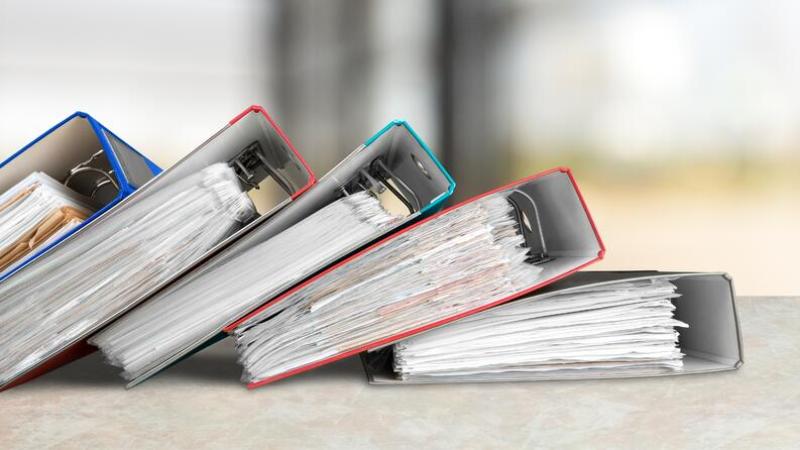When your documents are no more needed for tax obligation purposes, do not discard them up until you examine to see if you need to maintain them longer for various other purposes. For instance, your insurance company or lenders may need you to maintain them longer than the IRS does.
What to toss:
Duplicate receipts.
- Records that are unconnected to reductions, as well as credit scores not asserted. Among the largest culprits? Clinical receipts when you don’t declare the clinical costs reduction. You don’t require maintaining those invoices for tax functions; you may require them for other personal factors; however, so don’t make everything about tax.
- Old income tax return. Some tax professionals recommend that you never throw away your old
- Tax Returns- even when the law of restrictions has currently run as proof that you have submitted. Have a discussion with your tax obligation expert to assess if your circumstance demands to keep returns much longer than the suggested retention duration.
- Paycheck stubs. Inspect your income stubs versus your year-end declarations, consisting of you create W-2 and your yearly Social Security statement. Make certain that they effectively mirror your earnings, pre-tax deductions, fringe benefit, and so on. When you’ve verified that they’re appropriate, you don’t need to conserve the stubs.
- Old records. If the statute of constraints has run, you can generally damage tax-related documents remembering the standards as outlined above.
Remember, if records aren’t required for tax obligation factors, you may require them for other reasons. Make certain that you get in touch with your mortgage business and tax professional before tossing vital documents Objek Wisata Bali.
Electronic Data Records with Personal Information
Drooping diskettes and CDs should be shredded, damaged or made pointless somehow. Computer system hard drives are worthy of a unique focus. Hard disk drives might have information on finances, tax obligations, customer names, passwords and other information that must not fall under the hands of scammers. Erasing files as well as formatting a hard disk drive does not permanently remove the files from the system. Before disposing of, reusing, or giving away a PC, the hard drive must be gotten rid of and physically damaged.





